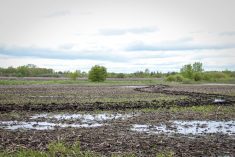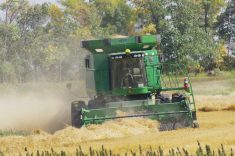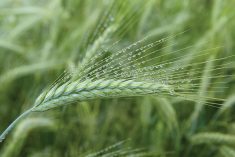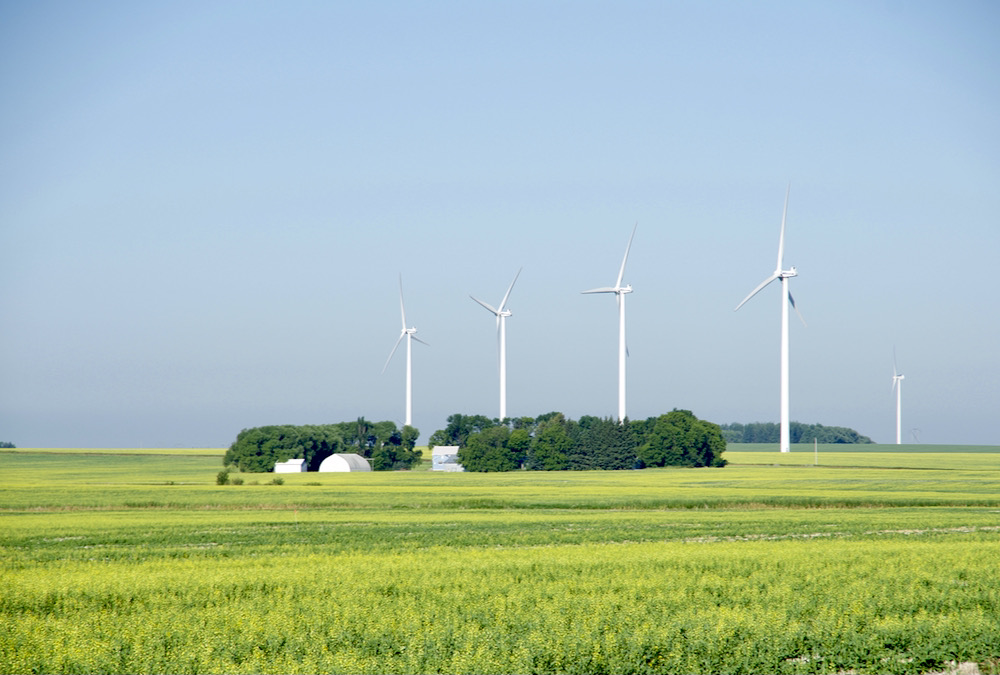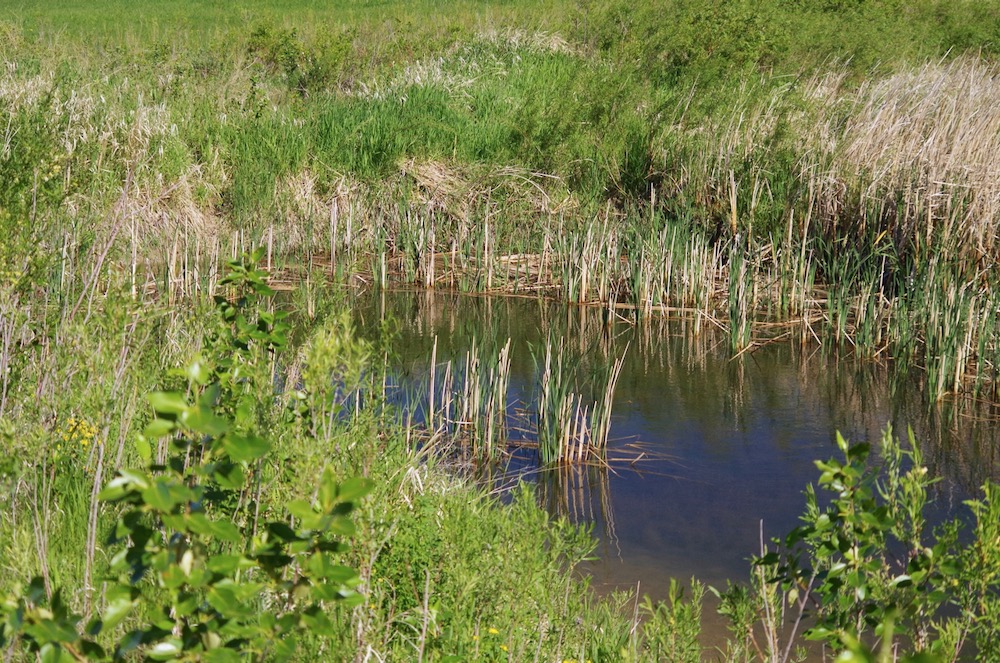This was the wettest spring ever recorded for much of the Prairies shattering the previous record set in 1955, according to David Phillips, Environment Canada’s senior climatologist.
“In my business, we break records by a fraction of a degree or a pinch of precipitation,” Phillips said in an interview last week. “But what we see is the second wettest spring… wasn’t even close to this one. This one was 70 per cent more precipitation than you’d normally get. Back in 1955 it was about 62 per cent.
Read Also

Tie vote derails canola tariff compensation resolution at MCGA
Manitoba Canola Growers Association members were split on whether to push Ottawa for compensation for losses due to Chinese tariffs.
“This 70 per cent is in the stratosphere. It’s unprecedented.”
What’s even more amazing is most of that precipitation fell in May. April was warm and a bit drier than normal. Winnipeg and many other parts of Manitoba received almost three times the normal May rainfall.
June, which is usually the wettest month, was closer to normal for Winnipeg, but other areas like Teulon received a month’s worth of rain last week.
“What’s happened isn’t a volcano, it’s not El Nino, it’s not Russian scientists or CIA experiments,” Phillips said. “There’s no conspiracy here. Sometimes you get locked into a rather borrowing, monotonous pattern.”
Rain storms that would normally last a day, lasted three days this spring, he said.
“Sometimes you may see one or two of these systems in the spring time. You’re seeing one or two a week. So the numbers (of storms) is way up but it’s their slowness (too) so you’re getting more precipitation than you normally would.”
Some places in May had 18 or 19 days of rain instead of 10, which is normal.
There’s hope though. Environment Canada is forecasting a warmer than normal July, August and September. Thunderstorms are a risk, but Phillips said they are usually quick events that affect isolated areas.
Environment Canada is predicting a wetter than normal July, August and September, but Phillips noted the agency’s seasonal precipitation forecasts aren’t accurate. [email protected]



